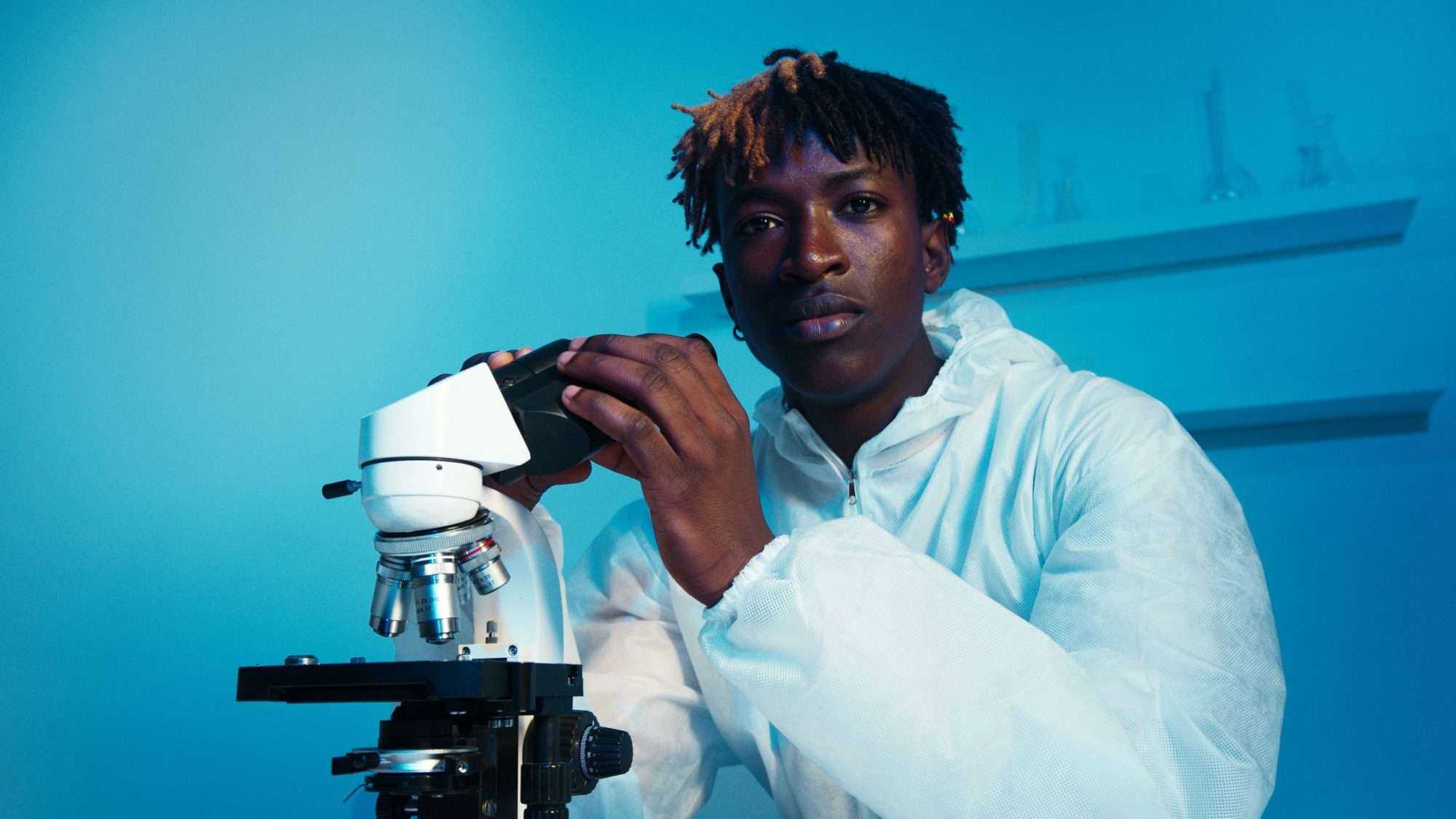on
BY MICHAEL THOMAS
Time and time again history has proven that people from our race, community, and the Caribbean islands in general have played a crucial role in the medical and scientific field even though we had to overcome many obstacles along the way.
Trinidad and Tobago, and the Bahamas are two such places that have played a major part in the above-mentioned field by sharing their resources and joining together in research.
It is said that islands have played an essential role in the origin and development of ecology and evolutionary biology and are often viewed as natural laboratories, where complex patterns like migration and diversification can be teased apart.
Here is what one professor had to say in connection to the Caribbean and researching things, “When trying to understand these processes, you go to islands because they’re isolated, they seem controllable and there are many of them, allowing you to repeat experiments or make comparisons,” said senior author Alexis Mychajliw, an assistant professor at Vermont’s Middlebury College.
For instance, “When Europeans claimed that they ‘discovered’ the Caribbean islands, what they saw and recorded wasn’t necessarily the natural state of the region’s biodiversity,” said senior author Michelle LeFebvre, assistant curator of South Florida archaeology and ethnography at the Florida Museum of Natural History.
“For example, Indigenous people moved animals up from South America and in between islands, resulting in bio-cultural diversity. If we want to understand the natural history of an area, archaeologists, palaeontologists, and biologists all need to work together.”
Speaking of working together, Europeans and North Americans who hauled off most of the important specimens from the islands, and continue to keep them in their countries, must realize that you cannot claim to be the best when the product that helped you develop was stolen.
Even today this practice is hindering Caribbean researchers from reaching their full potential because there is no access to much-needed specimens from their islands.
“Many Bahamian collections are in museums throughout the world, which requires local scientists to travel outside their country to incorporate those specimens into their research,” said co-author Kelly Fowler, a Bahamian anthropologist with the National Museum of The Bahamas.
Even though “Guppies, which is a fish,” are native to parts of South America and Trinidad and Tobago, since at least the 1940s, guppies have been extensively studied in Trinidad, and more than 1,000 papers have been published on guppy research.
“They’ve been used to study everything from ecology and evolution to pathology and the vector spread of disease,” Mohammed said. “But none of this research gets back to Trinidad, and Trinidadians often don’t even know about the work that’s been done on these fish.”
Ryan S. Mohammed (PhD., Mphil., BSc., PMA) is a Trinidadian scientist and the first Trinidadian to co-author a paper on guppies in 2001. He was later the first lead author on a guppy study in 2012 and did most of this work in the United States, as this is currently the only way to feasibly access data.
Imagine having to conduct studies in another part of the world on a product of your homeland all because the study cases were removed from your homeland.
The removal and foreign storage of natural-history specimens not only curtails local research and education, but also has more subtle and pernicious effects that influence everything from cultural identity to conservation.
All this information can only point to one thing; our people are brilliant but are limited, not by chance, but by design. Here is another example.
Mohammed has known that an extinct group of giant armadillos found in Tobago, and also found in Venezuela shows that Trinidad was once connected to current-day Venezuela. This is based on similar fossils found in both countries, but the bone plate from Tobago is the sole piece of evidence that indicates all three were likely once a continuous landmass.
Guess where the fossil is, certainly not in Trinidad and Tobago, and that is and continues to be the problem every time.
Out of the 68 known mammal fossils excavated from the tar pits in Trinidad and Tobago, the majority are located outside of Trinidad, and nearly all of the preserved plants, birds, and insects referenced in early manuscripts from the time seem to have vanished completely.
“For local scientists to train the next generation, they need to have collections where they are,” LeFebvre said.
A worldwide collaboration of researchers from multiple institutions is now spearheading an effort to return these fossils to Trinidad. I certainly wish them luck, because the Africans have yet to recover the artifacts.
Stay in the loop with exclusive news, stories, and insights—delivered straight to your inbox. No fluff, just real content that matters. Sign up today!
In his new role as a reporter and Journalist, Michael can he be described in two words: brilliant, and relentless. Michael Thomas aka Redman was born in Grenada, and at an early age realized his love for music. He began his musical journey as a reggae performer with the street DJs and selectors. After he moved to Toronto in 1989, he started singing with the calypso tents, and in 2008, and 2009 he won the People’s Choice Award and the coveted title of Calypso Monarch. He has taken this same passion, and has begun to focus his attention on doing working within the community.













